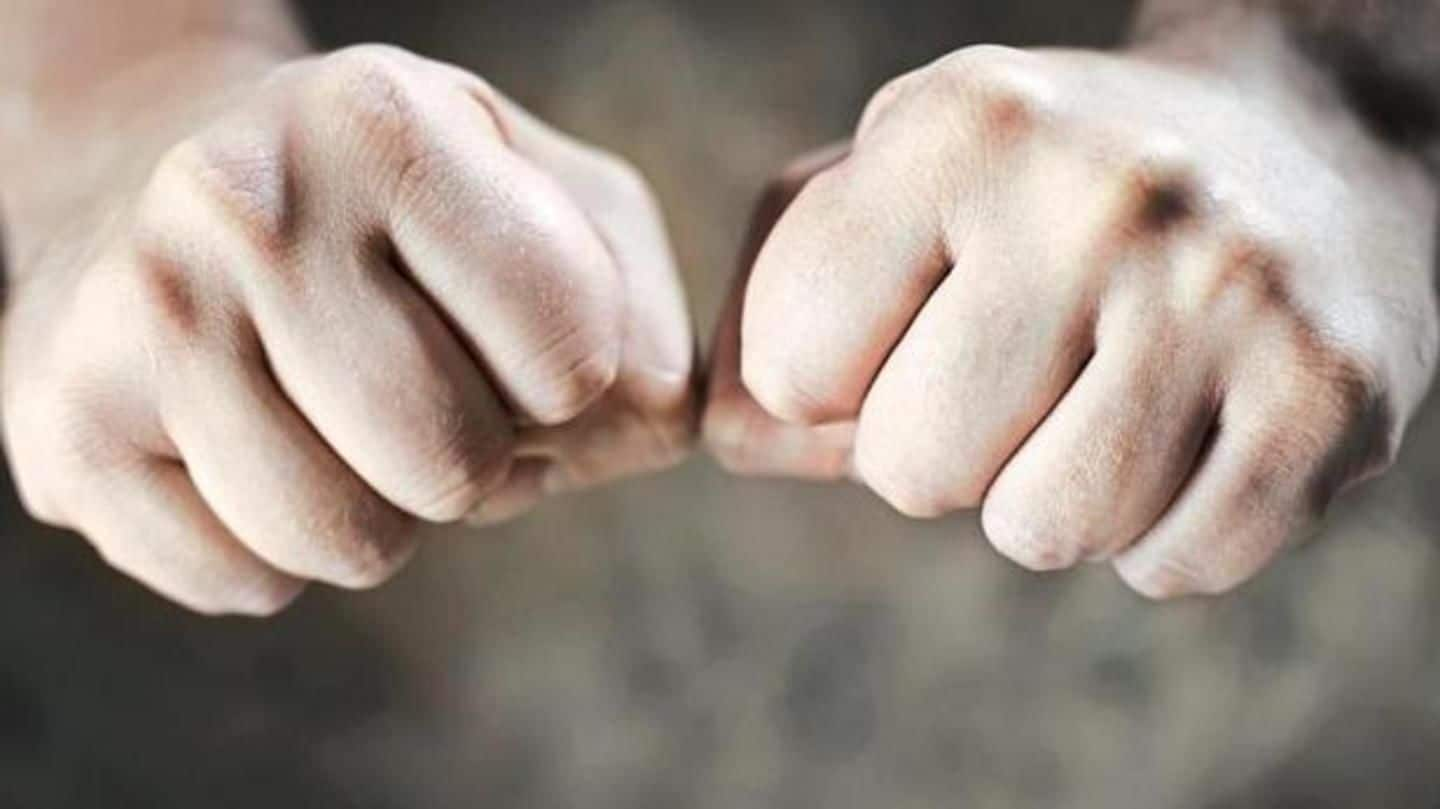
We finally know why cracking knuckles makes noise
What's the story
Have you ever wondered why your knuckles make that sound when cracked? Have you believed cracking knuckles causes arthritis? Scientists have finally found the answer to this long pending mystery. Scientists concluded the noise is produced due to the collapse of microscopic bubbles of joint fluid. They used a mathematical model and geometrical representation to prove the theory of collapsing bubbles. Here are the details.
What research found
Too 'scientific' for you to understand? Allow us to explain
Our knuckle joints contain a friction-reducing fluid. When you force the knuckles apart, pressure drops which leads to the formation of many bubbles. Next, the bubbles collapse into smaller bubbles rapidly, which makes the sound. Prof Abdul Barakat, a co-author of the study, said even if the bubbles collapse partially to form a microbubble, the pop sound is produced.
The answer is here
A mystery which baffled scientists for decades
For nearly 60 years, scientists have been struggling to find an explanation for the sound. In 2015, a paper published by the University of Alberta concluded that bubbles in the joints pop, hence the sound. They made the subject crack knuckles in an MRI machine. But researchers of Paris' Ecole Polytechnique weren't convinced as they thought an imprecise picture cannot give real results.
Quote
What the scientists have to say about their findings?
Abdul Barakat said, "We wanted to look at it mathematically because all the previous work was based on observation or imaging, so we tried to build a mathematical model that described the physical phenomena that governed this." And no, it doesn't cause arthritis.